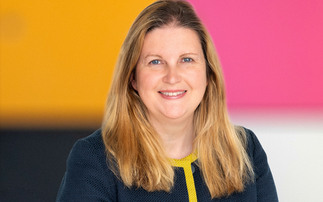In the late 1990s, there were a handful of arbitrageurs operating in the sector who primarily target...
In the late 1990s, there were a handful of arbitrageurs operating in the sector who primarily targeted the large Global investment trusts, leading to the wind-up of funds such as Overseas IT, Kleinwort Overseas and Dunedin Worldwide. The introduction of share buybacks/tenders after ACT was abolished in April 1999 enabled investment trusts to buy out the arbitrageurs and remove the overhang of stock from institutions. This made it hard to build a sizeable stake, and liquidity was reduced by the withdrawal of several investment banks from market-making in the sector. As markets improved, p...
To continue reading this article...
Join Investment Week for free
- Unlimited access to real-time news, analysis and opinion from the investment industry, including the Sustainable Hub covering fund news from the ESG space
- Get ahead of regulatory and technological changes affecting fund management
- Important and breaking news stories selected by the editors delivered straight to your inbox each day
- Weekly members-only newsletter with exclusive opinion pieces from leading industry experts
- Be the first to hear about our extensive events schedule and awards programmes








